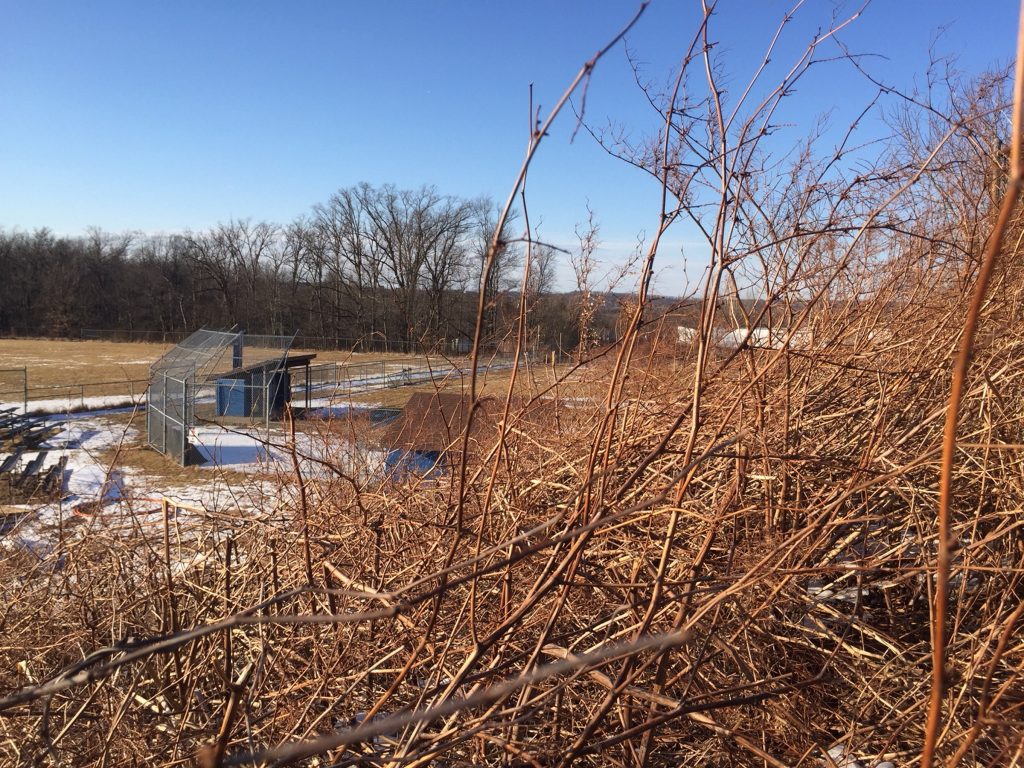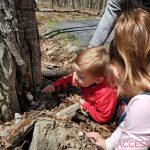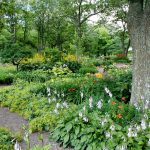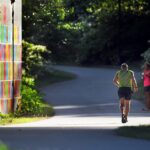I value plants not just for how they look or smell. I value the work they do.
While roadside trees slow traffic, hospital-side trees speed healing. Turf absorbs water, cools the air and builds topsoil. I value that fruits, roots and herbs fill our bellies and flavor our food, while supplying us with nutrition.
So I reject the approach taken by Julia F. Morton in her 1976 “Golden Guide Herbs and Spices.” This was published at a time when mainstream thought was modernist: While the world knew that alchemy could not produce gold, “chemistry sets” held promise for producing everything else. So Morton writes from a culture of settled confidence.
In the past, the importance of herb gardens as sources of medicines and perfumes equaled their role as suppliers of culinary seasonings. Today, however, we can rely on the druggist for our medicinal and cosmetic needs.”
In marked contrast, I usually look first to something that was not made by a druggist to address ailments of every kind. This is why you can often smell me coming, even before you can hear my voice. (Garlic is the first ingredient of natural social distancing). Or you might see me gathering a tube of honey at Chic-Fil-A, but to heal a cut, not to flavor my sandwich.
Japanese knotweed is beginning to show its burgundy sprouts all over my backyard. Under quarantine, the plague is never far from my mind, so I did a Google search for “Japanese knotweed antiviral.” I found this “foreign” invasive plant is a confirmed remedy for H1N1 flu virus.
This was good, but not good enough, since although the plague’s symptoms are like those of the flu, the plague is a coronavirus. So I searched “resveratrol,” the active medicinal ingredient in Japanese knotweed, and “coronavirus.”
I found an article on the NIH website which stated, “we first demonstrated that resveratrol is a potent anti-MERS agent in vitro.”
And another published in BMC Infectious Diseases: “We firmly found that resveratrol alone inhibits MERS-CoV infection.”
MERS is a coronavirus, so this was good, but still not quite good enough.
I next searched resveratrol and COVID-19. Obviously COVID-19 (identified in 2019) is novel, or new, so the published literature is limited. But I did find a doctor (his relevant bibliography is NIH-published) who published the following on March 24:
“Resveratrol has a number of beneficial effects on corona virus infection beyond ACE-2 support; it inhibits the growth of the deadly MERS corona virus by multiple mechanisms. In addition, resveratrol diminishes the kind of inflammation associated with corona virus infection.”
Japanese knotweed has the most resveratrol of any plant, so I plan to soon harvest the invasive medicine growing in my backyard.
Joshua Arp is an ISA-certified municipal specialist, Clarks Summit’s municipal arborist and an operator of an organic lawn and landscape maintenance business. Reach him at josarhuap@aol.com.




